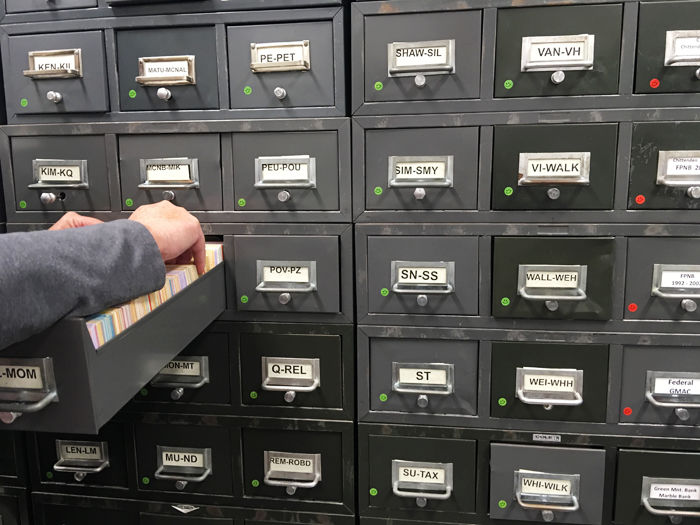WSU’s public records office should take a page out of UW’s book
September 14, 2016
How do you know where your tax dollars go? How do you know what’s going on behind the closed doors of your state and local institutions?
Journalists and citizens alike go to public records to get their answers.
If you’ve ever had to wait for an email from a coworker or a text from a friend to get your plans straight, you understand the value of timely responses.
The speed at which public records get to people who need them is a measure of this important resource.
Short delays in public records requests don’t endanger free speech, but records should be processed as fast as reasonably possible, said Beth Hindman, associate professor of communication at WSU.
After University of Washington’s success in reducing their average turnaround on public records requests to within a week, WSU can and should improve things here at home.
The speed achieved by UW is a good goal, Hindman said.
The Pullman campus’s public records office (PRO) operates with less than half the staff, roughly a quarter of the annual budget and with slightly more than half of the requests of UW’s PRO.
Additionally, UW’s PRO received $1.3 million in temporary funding in 2016 to deal with a backlog of requests, according to an e-mail from Norm Arkans, associate vice president for Media Relations and Communications at UW.
Robert Strenge, Assistant Director of WSU News, said WSU’s public records office performs very efficiently in light of these stark differences in support.
That is, Pullman gets more out of its PRO per dollar than UW does. It performs better for its price tag thanks to dedicated staff, but is that enough?
WSU is able to track the number of pages sent out in a year only after all of that year’s open requests have been closed.
However, the number of pages that are sorted through to fill the request is not tracked. Records can be wildly varied in size, and a months-long request can involve untold books’ worth of useless pages for only the few pages to fill the request.
Requests usually go through the PRO to the other offices that hold the records a person is requesting, said Victoria Murray, executive director of Finance and Administration at WSU.
This leads to extra time lost before the PRO can even begin to sort through the requested records, Murray said.
Some requests will take much longer than that: for example, there are still records open from 2015, said Stephanie Kalasz, WSU public records coordinator.
“We will eventually get that done,” Kalasz said.
What about the records that fall somewhere in the middle? These are the records that WSU’s PRO doesn’t fill in a week. These are the bulk of all requests processed by the PRO, many of which may have the potential to be done much sooner if the office was better staffed or given better technology.
We won’t know until we know just how long it took to process all the useless pages. Until information like this is tracked, claims that WSU funds an efficient PRO need to be taken with a grain of salt.
Public records requests serve to benefit people seeking out the truth. An increase in funding means more staff and better systems, which have done a lot of good for UW.
WSU should follow their example by increasing the funding to make these improvements possible.
For the record, there’s nothing wrong with taking a page out of UW’s book.
Don Cooper is a junior political science major from Pasco. He can be contacted at 335-2290 or by [email protected]. The opinions expressed in this column are not necessarily those of the staff of The Daily Evergreen or those of The Office of Student Media.



















